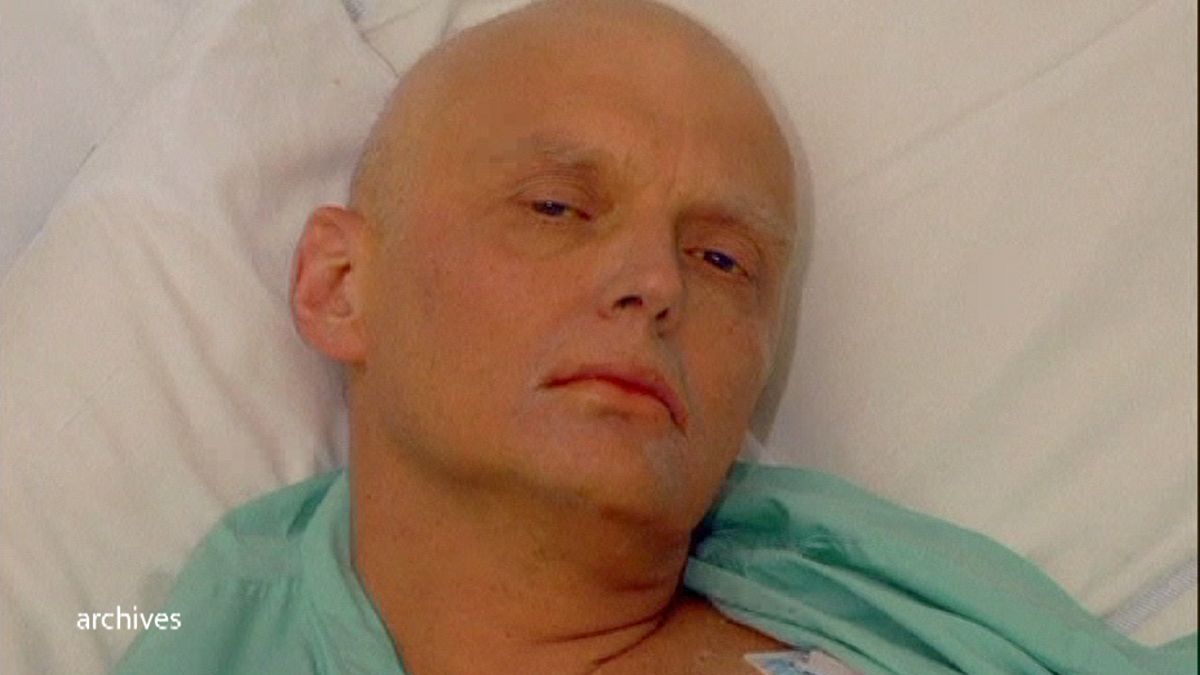Over eight years after Litvinenko's death in London from radioactive polonium poisoning, a public inquiry has opened into whether Russia ordered his murder.
It has been claimed that former Russian spy Alexander Litvinenko may have survived two attempts to murder him before he was successfully poisoned in London.
The BBC report says investigators followed a radioactive trail suggesting he was killed at the third try.
Other accounts in Britain’s Daily Telegraph say US intelligence has proof that Russia was involved in his death, and that the 43-year-old had been investigating alleged links between Vladimir Putin and a major crime boss.
An earlier inquest revealed Litvinenko had been working for the British foreign intelligence agency MI6.
Now a public inquiry into his death in 2006 has opened in London, ordered last year by the British government which had earlier rejected the idea.
Chaired by Sir Robert Owen, it will investigate Russia’s role.
“The issues to which Mr Litvinenko’s death gave rise are of the utmost gravity and have attracted worldwide interest and concern,” the former judge said as the inquiry was launched on Tuesday.
He said the killing had been described as “a miniature nuclear attack on the streets of London” and “state-sponsored assassination by radioactive poisoning”.
Litvinenko fell ill after meeting two Russian agents, Andrei Lugovoy and Dmitry Kovtun, at the Millennium hotel in central London. He died three weeks later.
UK police said he had drunk radioactive polonium in a cup of tea.
British prosecuting authorities later said there was enough evidence to charge the two former KGB agents with murder.
Russia has always denied involvement, saying the agents – who also protest their innocence – cannot be extradited. Owen said they had been invited to give evidence by video link from Russia.
Robin Tam, the lawyer to the inquiry, said Litvinenko had no chance of surviving the amount of polonium he had ingested, and it had led to fears many thousands of people in London had also been contaminated.
While Litvinenko himself had blamed Russia, there were other theories as to who was behind his death, from the British government and his former friend Russian oligarch Boris Berezovsky to suggestions he had accidentally poisoned himself during an illegal smuggling deal or had even killed himself.
“For some of these theories there is considerable supporting evidence; for others, less, and for yet others, none at all,” Tam said.
Litvinenko’s widow Marina, who has campaigned for a public inquiry, has called for all evidence to be made available.
